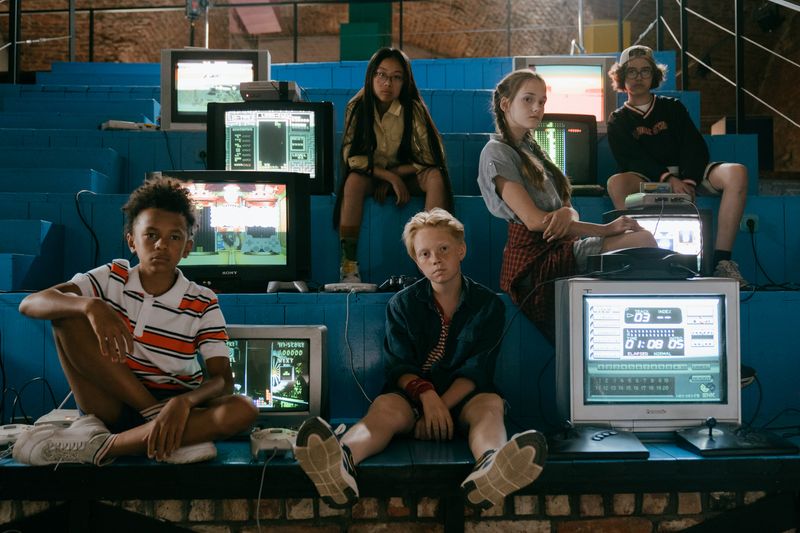Ubisoft‘s Controversial Move: Disabling Access to Purchased Games
The Issue at Hand
Ubisoft, a prominent video game publisher, has recently faced criticism for its decision to cancel “unused” Ubisoft Accounts, consequently disabling users’ access to their purchased games. The company argues that this measure is necessary to comply with the General Data Protection Regulation (GDPR). However, this move has raised concerns among gamers and industry experts about the limitations of digital rights management (DRM) and the reliability of preserving digital games.
GDPR and the Closing of Inactive Accounts
Under the GDPR regulations, companies are required to adhere to strict data protection legislation. In the case of Ubisoft, the company argues that it must close inactive accounts to comply with these regulations. The company states that it only takes action against accounts that they have strong reasons to believe will remain unused.
While Ubisoft claims that accounts with purchases attached to them will not be deleted for a period of four years, the email sent to the user mentioned earlier seems to contradict this assertion. The ambiguity and inconsistency in Ubisoft‘s communication have fueled further skepticism and concern among gamers.
The Issue of DRM and Digital Games
This incident has highlighted the larger issue of DRM and the vulnerability of digital games. In a digital ecosystem, companies have the discretion to terminate an account at any time, often with little recourse for the affected users. This lack of control over purchased games has frustrated gamers who rely on digital platforms to access their favorite titles.
Furthermore, even if users have purchased digital games, these titles are not entirely reliable in guaranteeing long-term access. If a publisher decides to remove a game from sale, or if an account is quickly closed, users may lose access to their purchased titles. This issue demonstrates the precariousness of relying solely on digital accounts and raises questions about the true ownership and permanence of digital games.
Preserving Video Game History
The incident involving Ubisoft‘s account closures also sheds light on the broader issue of preserving video game history. The Video Game History Foundation, in collaboration with the Software Preservation Network, has recently claimed that 87% of classic video games released in the United States are “critically endangered.” This statistic highlights the urgent need to protect and preserve video game culture, ensuring that future generations can experience and appreciate the medium’s rich history.
Editorial and Advice
Assessing the Legitimacy of Account Closure Policies
While it is essential for companies to comply with data protection regulations like GDPR, it’s crucial for industry players like Ubisoft to ensure that their account closure policies are fair and transparent. Communicating these policies clearly and providing users with adequate recourse or warnings can help alleviate the concerns and frustrations experienced by gamers.
Transparency in DRM and Digital Game Preservation
Ubisoft‘s account closure incident serves as a reminder that the DRM model for digital games needs improvement. Publishers should prioritize transparency and ensure that consumers have a clear understanding of how their purchases are protected and their rights as owners. Additionally, companies should work toward establishing long-term preservation solutions for digital games, ensuring that these cultural artifacts are not lost to future generations.
Supporting Organizations Preserving Video Game History
As gamers, industry enthusiasts, and society as a whole, we must recognize the importance of preserving video game history. Supporting organizations like the Video Game History Foundation and the Software Preservation Network can help raise awareness, advocate for preservation efforts, and safeguard the legacy of this thriving art form. By contributing to these initiatives, we can ensure that the unique experiences and cultural significance of video games are not forgotten.
In conclusion, Ubisoft‘s decision to disable access to purchased games through account closures has sparked controversy and raised broader concerns about DRM, digital game preservation, and video game history. As the industry continues to evolve, it is crucial for companies and consumers alike to engage in open dialogue and work towards solutions that prioritize transparency, consumer rights, and the preservation of video game culture.

<< photo by cottonbro studio >>
The image is for illustrative purposes only and does not depict the actual situation.




